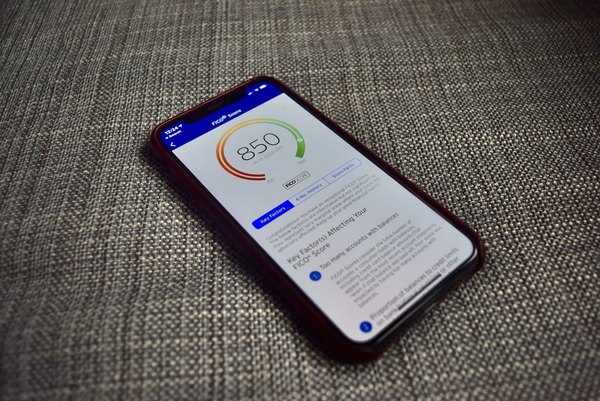If you've worked hard to build good credit, it can be devastating to find out that your score has taken a hit despite being careful with your finances.
Sometimes, people make mistakes – and this applies to your credit report too. Errors on your credit report aren't uncommon, and in many cases, go unnoticed. You might not find out your score isn't what you expect until you're trying to use your credit, say to apply for an apartment rental, or lease a car.
Knowing how to dispute a credit report error is essential to restoring your credit if this happens to you.
Under the Fair Credit Reporting Act (FCRA), credit reporting companies (and anyone who provides information about your credit) are required by law to correct any errors they have made about your credit. If you find any errors that are lowering your score, the law is on your side when it comes to fixing the errors.
Check Your Report
If you haven't checked your credit report in a while, you should request a free copy today – Equifax, Experian, and Transunion each offer a way to view your free credit report every year. You'll need to supply them with some basic personal information, including your social security number.
Once you have your report, review it for any negative information. Your credit file should list all your active and inactive credit card accounts. Some things to look out for include missing accounts and inaccuracies regarding missed payments.
Gather Evidence
It might seem obvious, but you'll need proof that an error was made in the first place. After your initial shock at finding out your credit score has subsided, you probably did some investigating on your own. If you know precisely what caused the error, such as a company accidentally misfiling your payment, get whatever proof you can if possible.
An example of evidence, in this case, could be a statement from the company recognizing the error, proof of the payment you made, or any statement that clearly shows the error. It's a good idea to scan or take a photo of your proof if you need it later.
Contact the Credit Reporting Companies
Once you know precisely what the error is, your next step should be to contact the credit bureau itself. The Federal Trade Commission provides a sample letter you can use if you're unsure what to say.
In the letter, clearly state what you think the error was and when it was made. You may also wish to include a copy of your credit report with the errors highlighted in it. Stick to the facts, and try to avoid letting your frustration be reflected in the content of the letter.
If you haven't heard back within 30 days, you may wish to resend your letter. If you're having a difficult time getting a response, you may also consider contacting the Consumer Financial Protection Bureau for assistance.
Contact the Data Furnisher
Your next step is to contact the data furnisher – the company, organizations, or person that provided erroneous information to credit score companies. For example, if your landlord incorrectly reported that you missed a rent payment, you should get in touch with them to make them aware of the situation and its impact on your credit.
The FTC also provides a sample letter for this to get you started. Send copies of your proof along with the letter to the information provider. Avoid sending originals of your proof in the mail, just copies. Any originals should be sent by certified mail.
The letter should go over precisely what you are disputing. If the information provider decides to continue using that information, they will have to let the credit reporting company know you are disputing the information. If it turns out you are correct, they also have to tell the credit reporting company to delete the item.
Credit score companies don't make mistakes frequently, but it can be devastating for your finances when they do. If you find a problem, it's essential to fix the credit report error as soon as possible. This is why you must review your credit report regularly to find and correct any mistakes as soon as possible.







